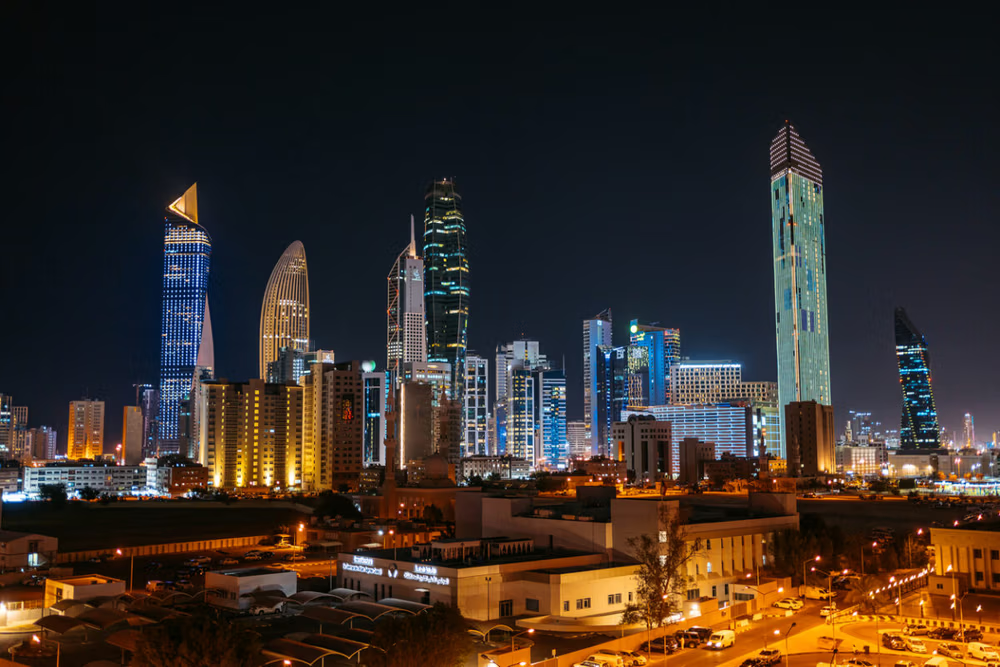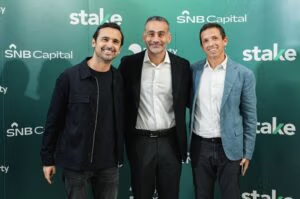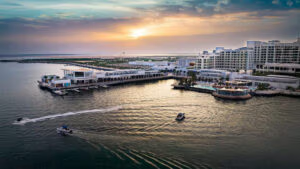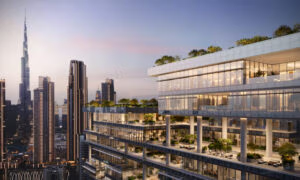Dubai-headquartered Al Futtaim Investment Group has officially entered the Kuwaiti market with the launch of Kuwait Festival City, a multi-purpose development poised to redefine the country’s urban real estate landscape.
This move comes at a pivotal time for Kuwait’s housing and investment ecosystem, as recent regulatory reforms begin to open the gates for large-scale foreign participation in residential infrastructure.
A Calculated Entry Amid Regulatory Reform
Al Futtaim’s foray into Kuwait is not incidental. The announcement closely follows the approval of Kuwait’s Real Estate Developer Law — a landmark piece of legislation that, for the first time, outlines legal and financial frameworks for private developers to build and sell residential units to citizens. Coupled with ongoing reforms allowing mortgage-based financing through local banks, Kuwait is actively transitioning from its traditionally state-led housing model to one that integrates private capital.
With over 100,000 families on public housing waitlists, the government is under pressure to accelerate delivery. Three mega-projects — Sabriya, Nawaf Al Ahmad, and Khairan — have been earmarked to deliver over 170,000 housing units, and private sector involvement is seen as critical to their timely completion.
Kuwait Festival City: A Long-Term Investment
Licensed by the Kuwait Direct Investment Promotion Authority (KDIPA), Al Futtaim’s new entity will operate under a 99-year contract, with an automatic renewal clause, suggesting long-term commitment. The venture is cleared to operate across a wide array of activities — from residential and non-residential construction to full-fledged project management.
Given Al Futtaim’s regional legacy, particularly its success with Dubai Festival City and other integrated communities, expectations are high that Kuwait Festival City will blend housing with commercial, entertainment, and public amenities. Such mixed-use developments are relatively new to Kuwait but align with a global urban planning trend toward live-work-play environments.
Real Estate Meets Policy Shift
Kuwait’s real estate sector has historically been constrained by rigid public housing models and limited access for foreign investors. But the introduction of the Developer Law and KDIPA’s expanded licensing framework signals a significant policy shift toward liberalization. Under the new guidelines, developers must deliver units solely to eligible citizens, with home pricing aligned to mortgage affordability, ensuring that private profit motives do not eclipse public interest.
This approach mirrors broader GCC housing trends, where governments are increasingly relying on public-private partnerships (PPPs) to close housing gaps while maintaining fiscal discipline.
Kuwait’s Foreign Investment Landscape Expands
Al Futtaim’s entry also comes as KDIPA reports growing foreign direct investment (FDI) activity. In the most recent fiscal year, KD 206.9 million in FDI was registered, bringing the cumulative total to KD 1.74 billion. That includes 16 new foreign companies from 12 countries, marking a clear uptick in investor interest.
While IT, healthcare, and insurance remain dominant, the inclusion of real estate and agriculture as emerging sectors suggests a widening of Kuwait’s investment horizon. European firms lead the pack, contributing nearly 60% of all FDI, followed by Asia (28.5%), North America (9.5%), and Africa (1.9%).
Implications for the Region
For Kuwait, the launch of Kuwait Festival City marks more than just another real estate project. It represents a strategic pivot toward sustainable urbanization, diversified investment sources, and long-term economic resilience. For Al Futtaim, it’s a bold move into an underpenetrated market with growing demand and evolving regulatory clarity.
The real test, however, will lie in execution. As Kuwait seeks to balance rapid development with affordability and inclusivity, projects like Festival City will serve as litmus tests for the success of its new housing and investment model.






